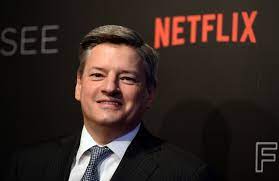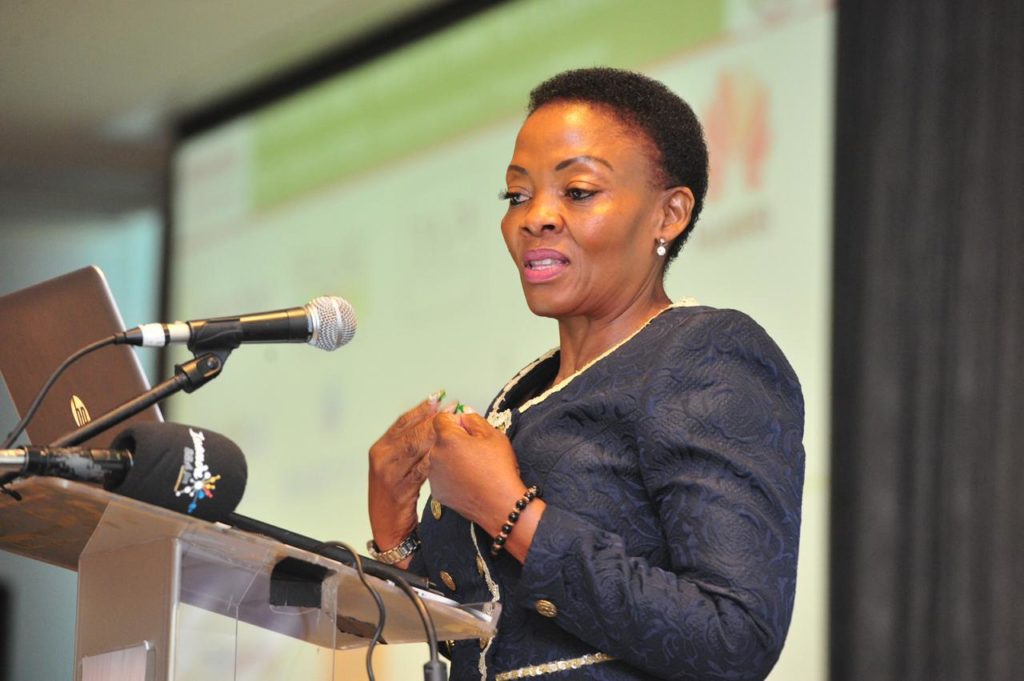Netflix Releases Details of Password-Sharing Crackdown
Amid a bullish show beating Wall Street earnings estimates for the first quarter, Netflix is demonstrating the challenges the mature streaming service faces in its pursuit of growth. The company said it shifted a wider launch of a plan to crack down on unsanctioned password sharing into the second quarter to make improvements, delaying some financial benefits, but said it was pleased with results so far.
As the streaming video pioneer faces signs of market saturation, it is looking for new ways to make money, such as the password crackdown and a new ad-supported service.
Earnings for the first quarter came in roughly in line with average analyst estimates

Revenue and earnings for the first quarter came in roughly in line with the average analyst estimates from Refinitiv. Earnings per share hit US$2.88 with revenue of $8.2-billion.
“We are growing and we are profitable,” co-CEO Ted Sarandos said in the company’s post-earnings video interview. “We have a clear path to accelerate growth in both revenue and profit, and we’re executing it.”
Read also : Netflix Scholarship Applications for West and Central Africa Now Open
Shares of Netflix dropped as much as 11% in after-hours trade following the report but recovered to gain 1.4%.
Netflix serves as a bellwether for the streaming industry, in which growth has slowed as competition has intensified.
From January to March, Netflix added 1.75 million streaming subscribers, missing analyst estimates of 2.06 million additions. Analyst Paolo Pescatore of PP Foresight described the first-quarter results as mixed.
“Netflix is a mature business reinforcing less reliance on subscriber growth. However, this metric still moves the needle for key stakeholders,” he said.
The company began rolling out its solution for password-sharing — offering a “paid sharing” option — in 12 countries in February but is delaying expansion.
“We believe it will result in a better outcome for our members and our business,” the company said. Netflix also said it was “on track to meet our full-year 2023 financial objectives”.
The clampdown on password sharing will begin in the US during the current quarter, Netflix said.
A year ago, Netflix lost 200 000 subscribers — its first subscriber decline in more than a decade, sending its stock reeling and resetting Wall Street’s expectations for the sector.
Netflix added nearly nine million subscribers in 2022, half as many as the 18 million gained in the prior year, with much of that growth coming from Asia, notes research firm MoffettNathanson. The gains it made in Asia and Latin America have impacted the average revenue per user, spurring Netflix to make changes to its business model, the firm said.
Read also : South African Business Intelligence Startup Ramp Raises $5M Seed
The company introduced a lower-priced version of its service with ads in 12 countries in the fourth quarter.
UBS media analyst John Hodulik wrote that the password-sharing crackdown could well fuel Netflix’s nascent advertising business, as it drives these “sharers” to the lower-priced version of the service.
Kelechi Deca

Kelechi Deca has over two decades of media experience, he has traveled to over 77 countries reporting on multilateral development institutions, international business, trade, travels, culture, and diplomacy. He is also a petrol head with in-depth knowledge of automobiles and the auto industry















